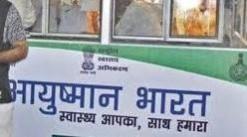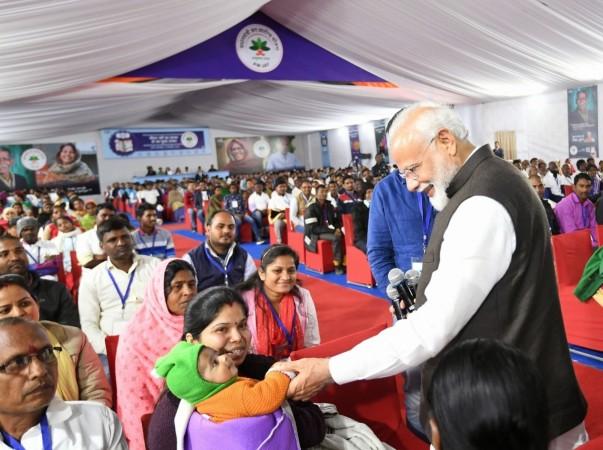
India's healthcare system has been undergoing a significant transformation over the past decade, with the government implementing a series of policies and initiatives aimed at achieving Universal Health Coverage (UHC). A key milestone in this journey has been the launch of the Ayushman Bharat Pradhan Mantri Jan Arogya Yojana (AB PM-JAY), a landmark initiative that provides health coverage of up to Rs. 5 lakh per eligible family per year.
This coverage applies to secondary and tertiary care hospitalizations for 1,961 treatment procedures across 27 specialties. As of December 17, 2024, the scheme has issued over 36.28 crore Ayushman Cards, empowering millions with essential health coverage. Notably, women account for 49% of the issued Ayushman cards and nearly 50% of total hospital admissions. This statistic highlights the scheme's role in promoting gender equity in healthcare.
Moreover, AB PM-JAY has successfully empaneled 30,932 hospitals across the country, ensuring that beneficiaries have access to quality healthcare facilities. The initiative not only provides financial protection but also aims to reduce the out-of-pocket expenses that often burden families. By focusing on vulnerable populations, the program is a significant step towards achieving UHC in India.
In parallel with AB PM-JAY, India has made remarkable strides in digital health infrastructure through the Ayushman Bharat Health Account (ABHA) initiative. The ABHA Number offers a seamless method for individuals to access and share their health records digitally. This initiative aims to bridge the existing gaps among various stakeholders in the healthcare ecosystem through digital highways.

As of December 22, 2024, over 71.81 crore ABHA numbers have been generated, and 46.53 crore health records have been linked with ABHA. Additionally, more than 3.55 lakh health facilities have been registered on the Health Facility Registry (HFR), and over 5.38 lakh healthcare professionals have registered on the Health Professional Registry (HPR). These advancements not only enhance the efficiency of healthcare delivery but also empower patients by giving them control over their health information.
Another cornerstone of India's healthcare achievements is Mission Indradhanush, which has expanded immunisation coverage under the Universal Immunisation Programme. "Mission Indradhanush includes a provision of 11 types of vaccines enhancing protection against preventable diseases. A total of 5.46 crore children and 1.32 crore pregnant women have been vaccinated in all phases of Mission Indradhanush conducted so far in the country," informed the ministry.
These efforts are underscored by a remarkable improvement in key health indicators, which highlight the effectiveness of targeted healthcare strategies and interventions. Maternal Mortality Ratio reduced from 103 per 100,000 live births in 2017-2019 to 97 per 100,000 live births in 2018-20. Infant Mortality Rate reduced from 32 per 1000 live births in 2018 to 28 per 1000 live births in 2020 and Total Fertility Rate is reduced from 2.2 in 2015-16 to 2.0 in 2019-21.

















